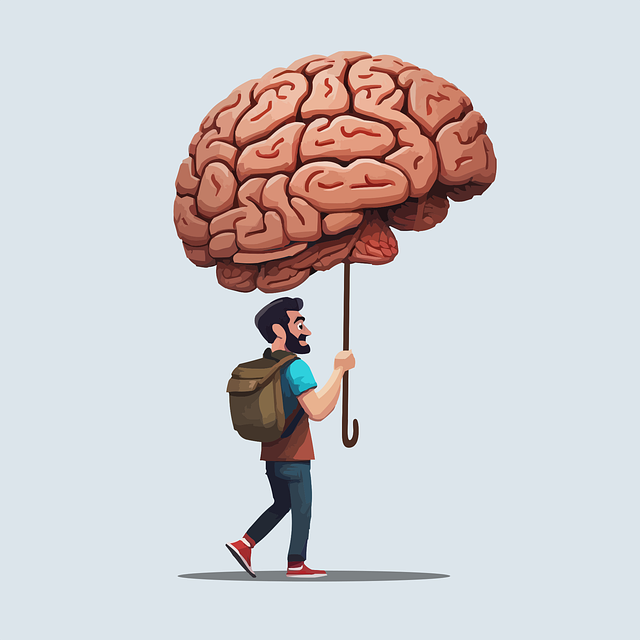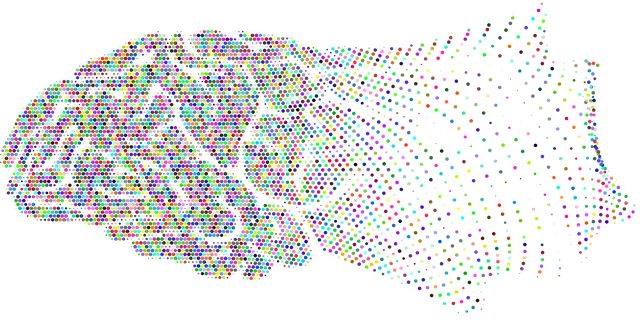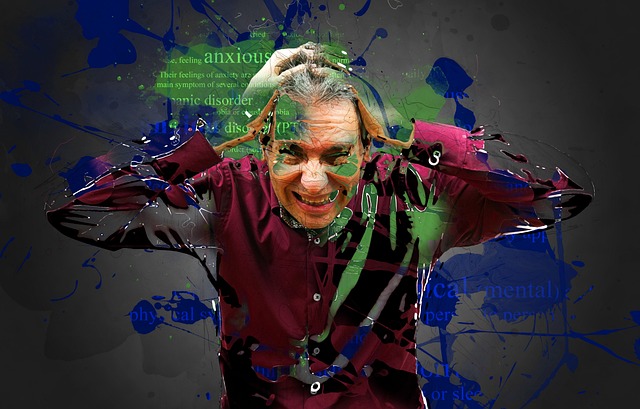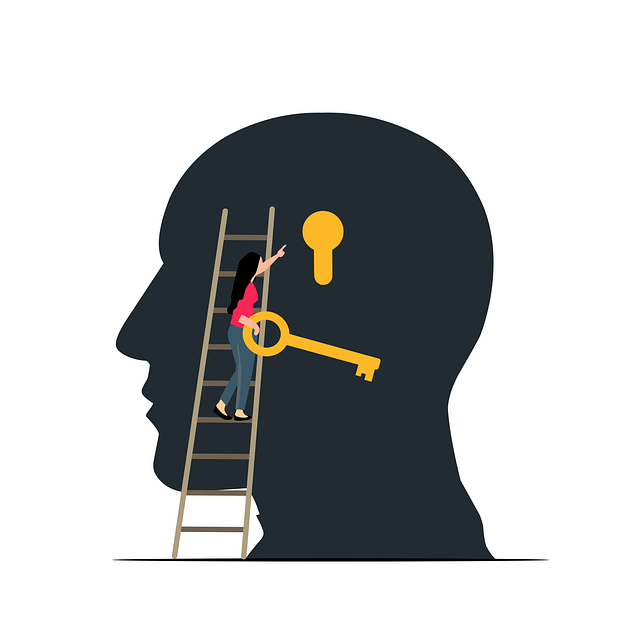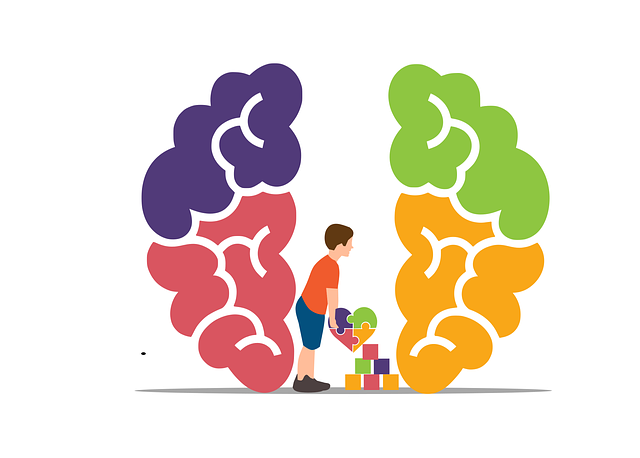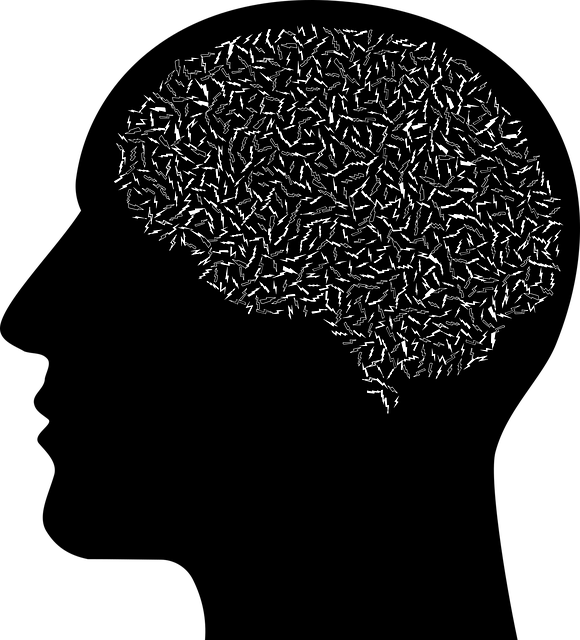Louisville American Sign Language (ASL) Therapy is revolutionizing mental healthcare by addressing cultural sensitivity and accessibility for deaf and hard-of-hearing individuals. Through sign language integration, non-verbal communication outlets, and culturally specific practices, LASLT provides tailored emotional support and stress management workshops. This holistic approach fosters trust, empathy, and resilience in diverse communities while reducing stigma through mental wellness podcasts, ultimately enhancing mental wellness for all backgrounds.
In an increasingly diverse world, cultural sensitivity is paramount in mental healthcare. This article explores the intricate relationship between cultural competence and therapeutic outcomes, highlighting innovative practices like the Louisville American Sign Language (ASL) Therapy approach. We delve into practical strategies for mental health professionals to implement, ensuring inclusive care that respects and embraces different cultural backgrounds, languages, and communication methods.
From theoretical understanding to real-world applications, this guide equips practitioners with tools to navigate cultural nuances effectively, fostering stronger connections and improved mental wellness for all clients, including those who use ASL.
- Understanding Cultural Sensitivity in Mental Healthcare
- Louisville American Sign Language Therapy: A Unique Approach
- Implementing Cultural Competence in Practice: Strategies for Mental Health Professionals
Understanding Cultural Sensitivity in Mental Healthcare

Cultural sensitivity in mental healthcare is a crucial aspect that cannot be overlooked. It involves recognizing and respecting the diverse cultural backgrounds, beliefs, and values of individuals seeking therapy. In Louisville, American Sign Language (ASL) Therapy plays a significant role in bridging the gap between mental health professionals and deaf or hard-of-hearing communities, ensuring effective communication and understanding. This approach ensures that every patient receives care tailored to their unique needs, fostering trust and building a supportive environment.
By integrating cultural sensitivity, mental healthcare practitioners can offer more comprehensive services. This includes adapting therapeutic techniques, incorporating self-care practices specific to different cultures, and promoting emotional regulation methods that resonate with individuals’ cultural identities. For instance, stress management strategies might differ across cultures, and understanding these variations enables professionals to provide more effective support, enhancing the overall wellness of patients from diverse backgrounds.
Louisville American Sign Language Therapy: A Unique Approach

In Louisville, a unique approach to mental healthcare is gaining traction—the Louisville American Sign Language (ASL) Therapy. This innovative practice recognizes the power of communication in fostering healing and well-being. By incorporating ASL into therapy sessions, practitioners create an inclusive environment that caters to the diverse needs of individuals within the deaf and hard-of-hearing community. ASL therapy offers a non-verbal means of expression, which can be particularly beneficial for those who find verbal communication challenging due to trauma or other factors.
This method not only facilitates effective communication but also empowers clients to develop inner strength through sign language. The Louisville ASL Therapy program encourages the use of compassion cultivation practices and stress management workshops organized by local support groups. By integrating these workshops into therapy, individuals can learn valuable coping mechanisms, enhance their emotional intelligence, and build resilience, all while embracing their cultural identity. This holistic approach ensures that mental healthcare is accessible and tailored to meet the unique cultural sensitivities of the deaf community.
Implementing Cultural Competence in Practice: Strategies for Mental Health Professionals

Incorporating cultural competence is vital for mental health professionals to provide effective and sensitive care. This involves a deep understanding and appreciation of diverse cultural backgrounds, beliefs, and communication methods. For instance, Louisville American Sign Language Therapy (LASLT) offers a unique service by addressing the needs of the deaf community, ensuring that access to mental healthcare is inclusive and accessible. By learning basic sign language, professionals can engage clients in their preferred mode of communication, fostering trust and empathy from the very beginning.
Beyond individual interactions, mental wellness podcast series production can be leveraged as an Empathy Building Strategy. These podcasts allow professionals to share diverse perspectives on mental illness, reduce stigma, and educate a broader audience. By presenting real-life stories and experiences, they humanize complex issues, encouraging listeners to approach mental health topics with open minds and hearts. Such initiatives contribute to creating a more supportive and understanding society, ultimately benefiting those seeking mental healthcare services.
Cultural sensitivity in mental healthcare is no longer a consideration, but an essential component of effective practice. As demonstrated by innovative approaches like Louisville American Sign Language Therapy, integrating diverse cultural practices can significantly enhance patient outcomes and accessibility. For mental health professionals, embracing cultural competence means tailoring services to meet the unique needs of each individual, fostering trust, and promoting understanding across differences. By implementing these strategies, healthcare providers can ensure that their practices are inclusive, respectful, and ultimately, life-changing for all clients they serve.
